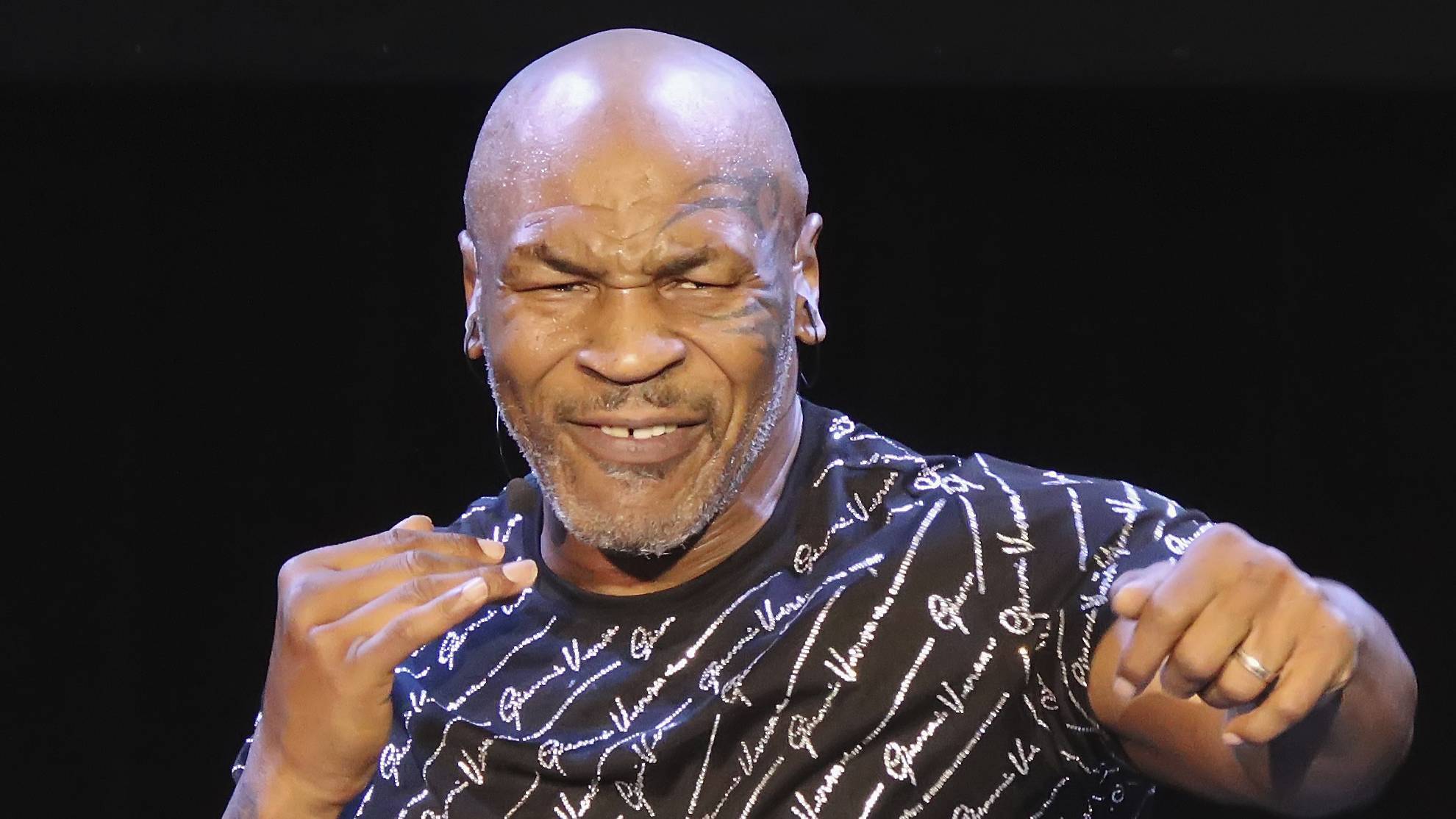The Complex Legacy of Mike Tyson: Triumphs, Tragedies, and Transformation
Mike Tyson, often hailed as one of the most formidable and controversial figures in boxing history, has a life story as dramatic and intense as his career in the ring. His journey from a troubled childhood to becoming the youngest heavyweight champion, followed by a series of personal and professional upheavals, paints a picture of a man constantly battling both external and internal demons. This article delves into the highs and lows of Tyson’s life, his candid reflections, and his eventual transformation.
Early Life and Rise to Fame
Born on June 30, 1966, in Brooklyn, New York, Mike Tyson faced a turbulent childhood marked by poverty, crime, and loss. His father abandoned the family, leaving his mother to raise Tyson and his siblings in the tough neighborhood of Brownsville. Tyson found himself frequently in trouble with the law and was sent to reform school, where his boxing talent was discovered.
Under the mentorship of legendary trainer Cus D’Amato, Tyson honed his skills and developed the ferocious fighting style that would make him famous. D’Amato not only trained Tyson physically but also instilled in him a winning mentality. By the age of 20, Tyson became the youngest heavyweight champion in history, a record that still stands.
The Ferocity in the Ring
Tyson’s approach to boxing was straightforward and brutal. When asked about his mindset during fights, he once said, “I wanted to kill them.” This raw aggression was evident in his matches, where his speed, power, and unrelenting assault overwhelmed opponents. His famous quote, “The more you hurt them, the higher you go in life,” encapsulates the ruthless drive that fueled his rise in the boxing world.
However, Tyson’s aggression extended beyond the ring. In a notorious 2003 incident, Tyson got into a physical altercation with Lennox Lewis during a press conference. When a spectator mocked Tyson, he responded violently, demonstrating the volatile temper that often accompanied his public appearances.

Personal Tragedies and Struggles
Tyson’s life outside the ring was marred by personal tragedies and substance abuse. One of the most heart-wrenching moments came with the death of his four-year-old daughter, Exodus, in 2009. Tyson candidly shared his struggle to cope with the loss, admitting in a 2013 interview, “I did some cocaine for a week. I had to get high. I couldn’t handle it at all.”
His turbulent relationship with promoter Don King also highlights the darker side of his career. Tyson accused King of cheating him out of millions of dollars, and their conflicts often turned physical. In one incident, Tyson allegedly beat up King on his private jet, an episode that underscores the deep animosity between them.
Controversies and Redemption
One of Tyson’s most infamous moments was the 1997 fight against Evander Holyfield, where he bit off a part of Holyfield’s ear. Tyson later explained his actions by saying, “He bit me for two fights.” This controversial act resulted in his disqualification and further damaged his reputation.
Despite these incidents, Tyson has shown a capacity for reconciliation and growth. Years after the ear-biting incident, Tyson and Holyfield reconciled, even joking about the past. Tyson presented Holyfield with a humorous gift: a jar of “ear-shaped” candy.

The Bizarre and the Benevolent
Tyson’s life is filled with bizarre anecdotes that reflect his unpredictable nature. During an interview on The Joe Rogan Experience, he recounted how he gave away a car he had crashed to a stranger to avoid getting arrested. Tyson’s generosity and impulsive behavior often intertwine, creating a complex image of a man capable of both kindness and chaos.
In another surprising twist, Tyson once met and interacted with a serial killer without realizing it. This chilling encounter, which occurred during an interview with a seemingly innocuous sports writer who later turned out to be a murderer, adds another layer to Tyson’s extraordinary life.
Embracing Change and Seeking Enlightenment
In recent years, Tyson has embraced change and sought personal growth through various means, including the use of psychedelics. He has openly discussed how substances like mushrooms have helped him gain insights and improve his mental health. Tyson even mentioned that psychedelics enhanced his boxing performance, claiming they made him more focused and less susceptible to pain.
Tyson’s exploration of spirituality is evident in his interactions with figures like Sadguru. During an interview, Tyson posed profound questions about life and existence, showcasing a reflective side that contrasts sharply with his former image as a fearsome fighter.

Legacy and Transformation
Mike Tyson’s legacy is one of contrasts: a fierce competitor and a vulnerable human being, a man of immense talent and profound flaws. His journey from a troubled youth to a world champion, followed by a series of personal and professional battles, illustrates the complexity of his character. Despite the controversies and setbacks, Tyson’s willingness to confront his past and seek redemption highlights his enduring appeal.
In the end, Tyson’s story is not just about boxing but about the human capacity for transformation. It is a testament to the idea that even the most troubled individuals can find a path to redemption and personal growth. Mike Tyson remains a captivating figure, continuously evolving and defying expectations.





